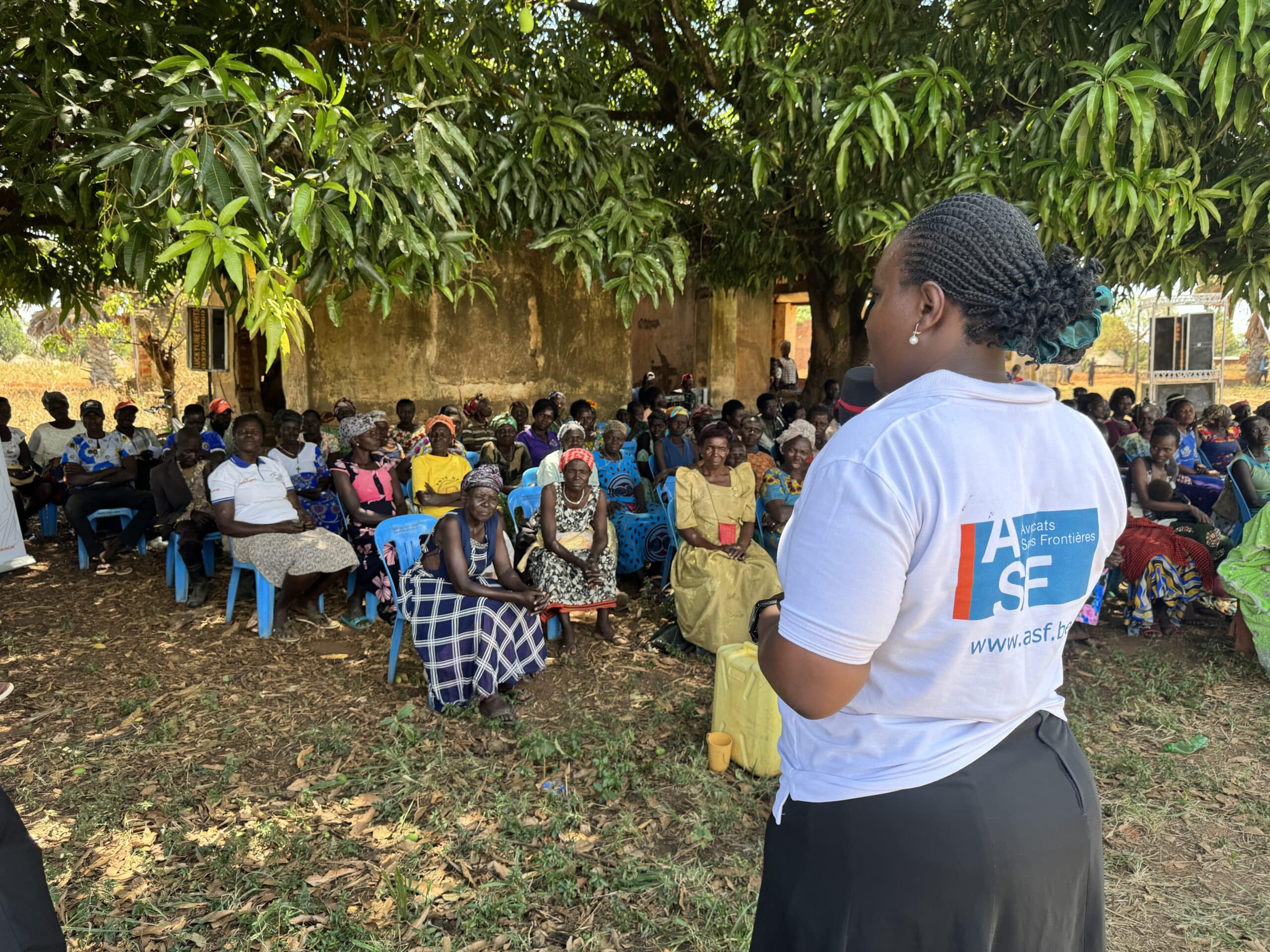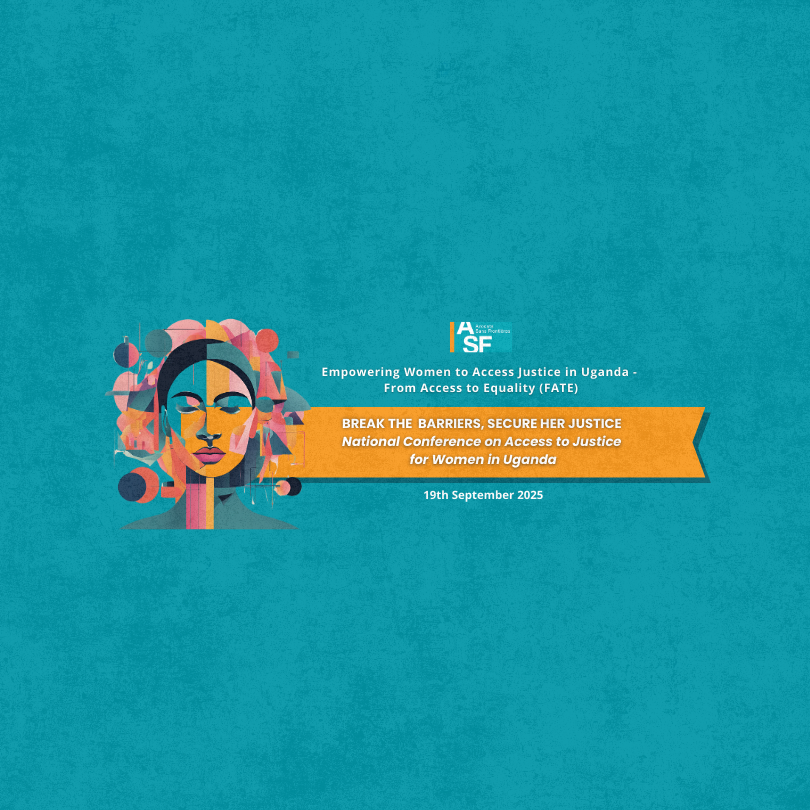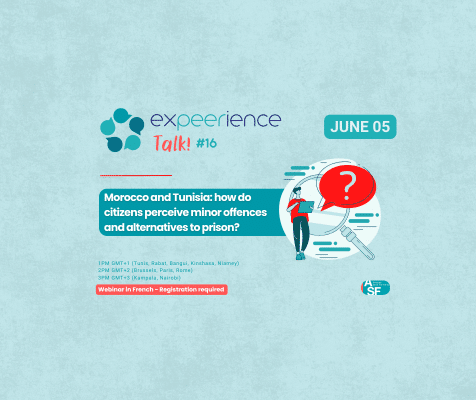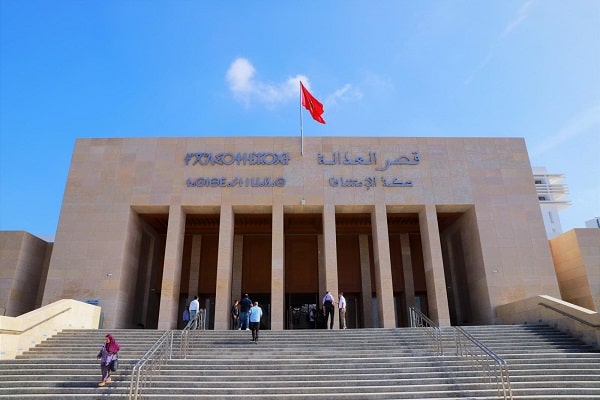Category: Access to justice and development
-

Uganda: A Landmark Verdict in the Kwoyelo Trial, but Is Justice Fully Served?
On 13 August 2024, after more than 15 years of legal proceedings, the International Crimes Division (ICD) of the High Court of Uganda delivered its long-awaited verdict in the case of Uganda v. Thomas Kwoyelo. The former Lord’s Resistance Army (LRA) commander was convicted on 44 counts of crimes against humanity, war crimes, and serious…
-

Promoting Respect for Human Rights in Niger
ASF has been working in Niger since 2023 to promote respect for human rights, particularly in the area of deprivation of liberty, but also for vulnerable populations living in remote areas as part of the project ‘Promoting and protecting collective and individual rights and freedoms in Niger by strengthening civil society and citizen participation’ funded…
-

Advancing Women’s Access to Justice in Uganda: The FATE Project and the Road Ahead
Across Uganda, the promise of justice remains unevenly realized. Despite a robust legal framework and ongoing reforms, many women and girls still struggle to claim their rights in practice. Structural inequalities, entrenched social norms, and gaps between policy and implementation continue to limit access to justice, leaving survivors of violence and marginalized groups without effective…
-

Human Rights Violations from the Extractive Sector: Empowering Civil Society and Paralegals in Tanzania to Improve Access to Remedies for victims
In the framework of its regional programme on Business, Human Rights and Access to Justice in East Africa, Avocats Sans Frontières (ASF) has been reinforcing the capacities of civil society actors to defend communities affected by extractive industries. In Tanzania, ASF works in partnership with Business and Human Rights Tanzania (BHRT) to strengthen legal empowerment,…
-

BREAK THE BARRIERS, SECURE HER JUSTICE – National Conference on Access to Justice for Women in Uganda
After four years of dedicated work to bridge the justice gap for women and girls in Uganda, Avocats Sans Frontières (ASF) and partners are proud to host a National Conference on Women’s Access to Justice. The event will bring together state and non-state actors to reflect on progress, share lessons learned, and chart a sustainable…
-

ExPEERience Talk 18 – Community Rights Undermined: The Struggle for Justice in Kenya’s Conservancies
Justice ExPEERience invites you to its next ExPEERience Talk, moderated by ASF and joined by two expert speakers and a representative from the International Federation for Human Rights (FIDH). This webinar will present the findings of the report “Access to Remedy for Communities Affected by Conservancies in Isiolo”. Carried out in Northern Kenya, this study…
-

Minor offences in Morocco: promoting a non-criminal approach in line with the population’s needs and expectations
In Morocco, as in many countries, criminal laws continue to punish behaviours often linked to poverty, marginalisation or activism. In collaboration with the Observatoire Marocain des Prison (OMP), Avocats Sans Frontières (ASF) conducted a groundbreaking national survey in 2024 on perceptions of minor offences and alternative sentences, as part of the Campaign to Decriminalise Poverty,…
-

Access to Remedy: Community Rights Undermined in Kenya’s Conservancies
Avocats Sans Frontières (ASF) and the International Federation for Human Rights (FIDH) have released a new report exposing serious and persistent human rights violations linked to the operations of community conservancies in Isiolo County, northern Kenya. The report highlights a troubling pattern: while conservation initiatives flourish, the communities whose lands and livelihoods are most affected…
-

ExPEERience Talk #16 – Morocco and Tunisia: How Do Citizens Perceive Minor Offences and Alternatives to Prison?
In Morocco and Tunisia, criminal laws continue to punish behaviour linked to precariousness, marginalisation, or activism. As part of the Campaign to Decriminalise Poverty, Status and Activism, Avocats Sans Frontières (ASF) has conducted two national surveys (in Morocco and Tunisia) on the perception of minor offences and alternative sentences. To share these surveys, ASF invites…

